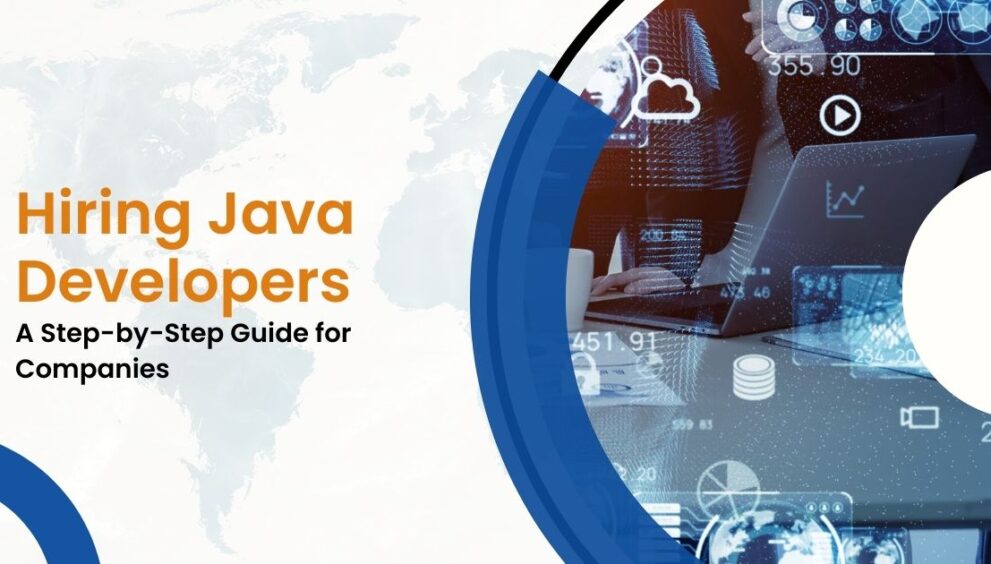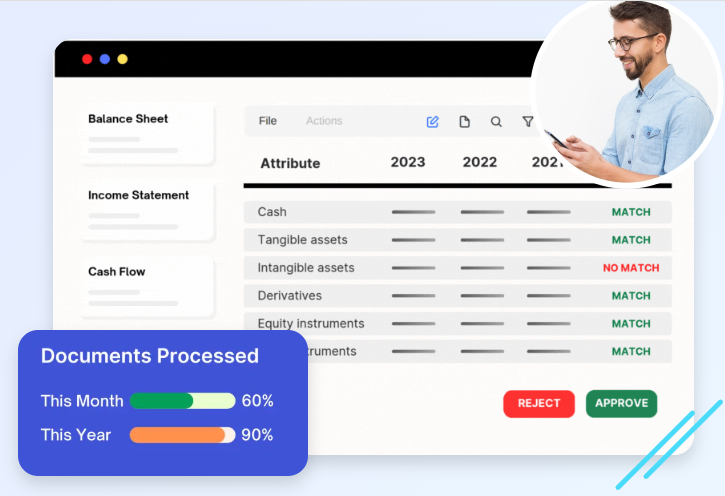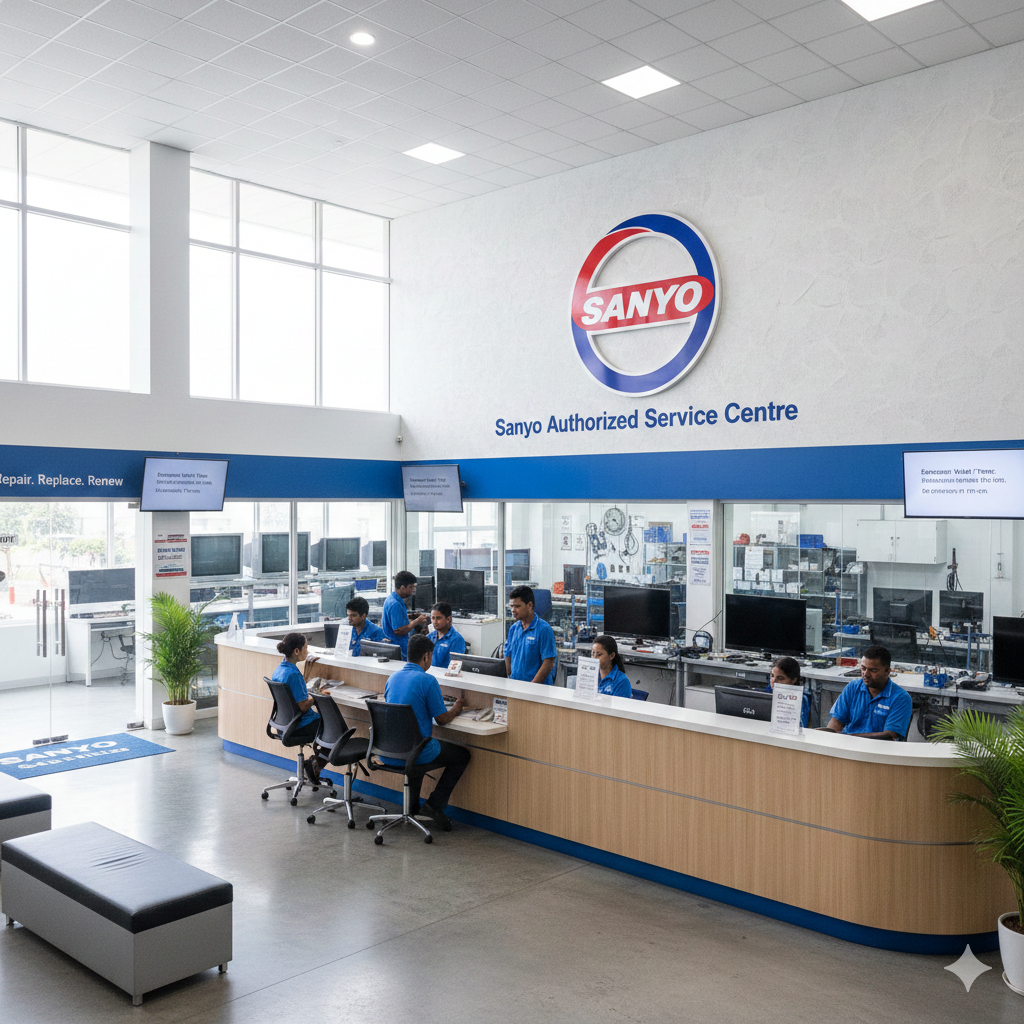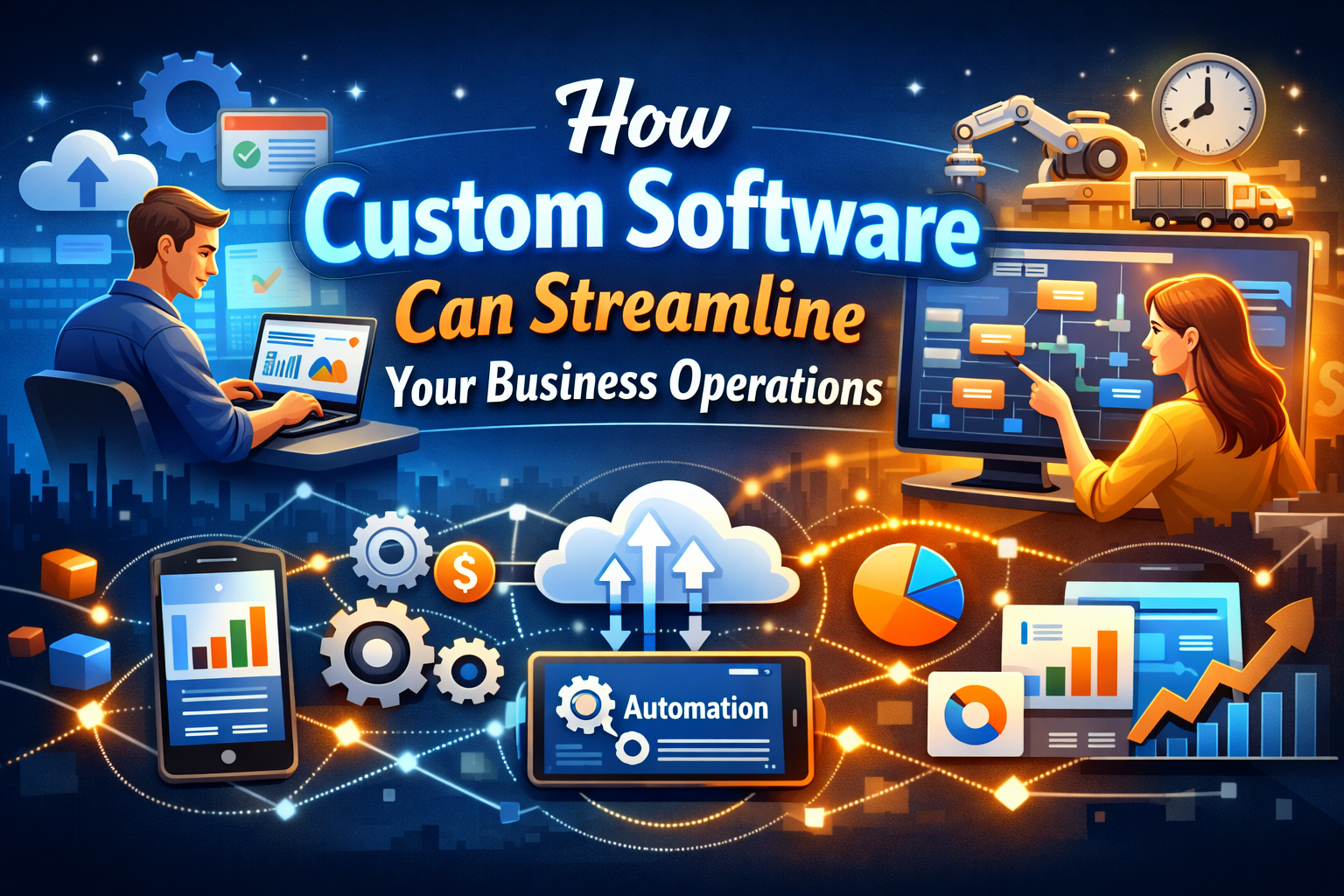Hiring Java Developers: A Step-by-Step Guide for Companies

Java remains one of the most popular and widely used programming languages in the world. According to the TIOBE Index, Java consistently ranks among the top five programming languages globally. It is used for a variety of applications, including enterprise systems, web applications, mobile apps, and more. The demand for skilled Java developers is higher than ever, and companies must carefully consider their approach when hiring Java developers.
In this guide, we will provide a comprehensive step-by-step approach for companies looking to hire Java developers. Whether you plan to hire in-house developers or outsource Java development, this guide will cover all the essential considerations and best practices.
Why Hire Java Developers?
Java is known for its robustness, scalability, and security features. It is also platform-independent, thanks to the “Write Once, Run Anywhere” philosophy, making it a top choice for building applications that need to run on multiple platforms. With its wide range of frameworks and tools, Java enables developers to create complex, high-performance applications.
According to a 2023 Stack Overflow Developer Survey, Java is still one of the top programming languages, with over 40% of developers using it for enterprise software development. Moreover, with the growth of technologies like cloud computing, big data, and machine learning, Java continues to play a critical role in powering modern applications.
Why Java Developers Are in High Demand
The demand for Java developers has surged due to several factors:
- Enterprise Solutions: Java is often the go-to language for large-scale enterprise solutions. Companies in sectors such as banking, healthcare, and telecommunications require highly reliable systems built with Java.
- Cross-Platform Compatibility: Java applications can run on multiple platforms without modification, which is ideal for companies that need to support a wide variety of operating systems.
- Big Data and Cloud Technologies: Java is heavily used in big data processing frameworks like Hadoop and Spark, making it essential for companies dealing with large volumes of data. Additionally, Java integrates well with cloud platforms like AWS and Google Cloud.
- Android Development: While Kotlin is gaining popularity, Java remains the backbone of Android app development, as many legacy applications are written in Java.
Step 1: Define Your Project Needs
Before you start your search for Java developers, clearly define the scope and requirements of your project. This will help you identify the specific skills and expertise required from your developers.
Key Considerations:
- Type of Application: Are you building a web application, mobile app, enterprise solution, or something else? Each project type requires different skills and knowledge.
- Technology Stack: Java developers often work with a variety of frameworks and tools. Some common Java-related technologies include:
- Spring Framework (for web applications)
- Hibernate (for database access)
- Apache Kafka (for distributed streaming)
- Docker and Kubernetes (for containerization and deployment)
- Android SDK (for Android development)
- Team Structure: Will the developer work solo, or will they be part of a larger team? If you are working on a large-scale project, you may need developers with experience in managing teams and projects.
Step 2: Write a Clear Job Description
Once you have a clear understanding of your project needs, the next step is to write a detailed job description. This will help you attract the right candidates.
Key Elements of a Java Developer Job Description:
- Job Title: Make sure the job title is clear and specific. For example, “Senior Java Developer for Web Application Development” or “Java Developer for Enterprise Solutions.”
- Responsibilities:
- Design, develop, and maintain Java-based applications.
- Write efficient, scalable, and reusable code.
- Work with teams to integrate systems and troubleshoot issues.
- Collaborate with UI/UX designers to create seamless front-end and back-end integrations.
- Skills Required:
- Proficiency in Java, with experience in Java SE or Java EE.
- Experience with Java frameworks like Spring and Hibernate.
- Familiarity with RESTful APIs, Microservices architecture, and SQL.
- Knowledge of front-end technologies (HTML, CSS, JavaScript) is a plus.
- Experience with version control (Git, SVN) and Agile methodologies.
- Experience: Specify the level of experience required. For example, “3+ years of experience in Java development” or “5+ years of experience in large-scale enterprise application development.”
- Education: Typically, a bachelor’s degree in Computer Science, Software Engineering, or a related field is required. However, companies may also value experience over formal education.
Step 3: Source Candidates
Once the job description is finalized, the next step is sourcing candidates. You can either hire Java developers directly through job boards, social media, or recruitment agencies, or you can outsource Java development to specialized companies. Each approach has its pros and cons.
In-house Hiring
- Job Boards: Platforms like LinkedIn, Indeed, and Glassdoor allow you to post job openings and screen candidates.
- Networking: Attend tech events and conferences to network with potential candidates. Java-focused events like JavaOne can help you meet top talent.
- Employee Referrals: Encourage your current employees to refer qualified candidates from their networks.
Outsourcing Java Development
If you prefer to outsource Java development, you can work with agencies or freelancers. Outsourcing offers several benefits, including:
- Cost Savings: Outsourcing Java development to countries with lower labor costs can help you save money.
- Access to Specialized Expertise: Outsourcing allows you to tap into a global pool of developers with expertise in specific Java technologies or frameworks.
- Faster Hiring: Outsourcing companies typically have a pool of pre-vetted developers, which can speed up the hiring process.
However, you should be mindful of communication barriers, time zone differences, and quality control when outsourcing development.
Step 4: Evaluate Technical Skills
The next step is to evaluate candidates’ technical skills. This can be done through coding tests, interviews, and reviewing past projects. Here’s how you can assess Java developers:
Coding Tests
- Online Platforms: Use platforms like HackerRank, Codility, and LeetCode to assess coding skills. These platforms provide coding challenges that can help you evaluate a candidate’s problem-solving abilities and coding proficiency in Java.
- Custom Challenges: Tailor challenges to your specific project requirements. For instance, if you are building an enterprise solution, you could test candidates on Java Enterprise Edition (Java EE) or Spring-based frameworks.
Technical Interviews
During the interview, assess both technical knowledge and soft skills. Some important areas to cover include:
- Core Java Concepts: Understanding of Java fundamentals such as OOP (Object-Oriented Programming), exception handling, data structures, and algorithms.
- Java Frameworks: Experience with frameworks like Spring, Hibernate, Struts, and JavaFX.
- System Design: Ask candidates to design systems or solve complex problems that they would encounter in real-world applications.
- Collaboration Skills: Ensure the candidate has good communication skills and can work well in a team.
Step 5: Consider Soft Skills and Cultural Fit
While technical skills are crucial, soft skills and cultural fit are equally important. Java developers need to work closely with other teams, communicate effectively, and adapt to your company’s workflow and environment.
Assess candidates for:
- Problem-solving: How they approach challenges and their ability to come up with effective solutions.
- Communication: Can they explain complex technical concepts clearly to non-technical team members?
- Collaboration: Are they team players who can work well in agile or cross-functional teams?
Step 6: Onboard the Developer
After selecting the right candidate, the final step is onboarding. A successful onboarding process ensures that your new Java developer is set up for success.
Key Steps in Onboarding:
- Technical Setup: Provide the developer with the necessary hardware, software, and access to development environments.
- Project Familiarization: Brief the developer on the project, including goals, deadlines, and their role within the team.
- Team Introduction: Introduce the developer to the team and explain the team structure and workflow.
Conclusion
Hiring Java developers is a crucial step in building robust, scalable, and secure applications. By carefully defining your project needs, writing clear job descriptions, and evaluating candidates’ technical and soft skills, you can find the right developer for your team.
If your project requires specialized expertise, consider outsourcing Java development to a reliable development company that offers custom generative AI solutions or other tailored services to suit your needs.
By following these steps, companies can ensure they are hiring the right Java developer for their projects and setting them up for success from the start.


 English
English 










































































































































































































































































































































































































































































































































































































































































































































































































































































































































































































































































































































































































































































































































































































































































































































































































































































































































































































































































































































































































